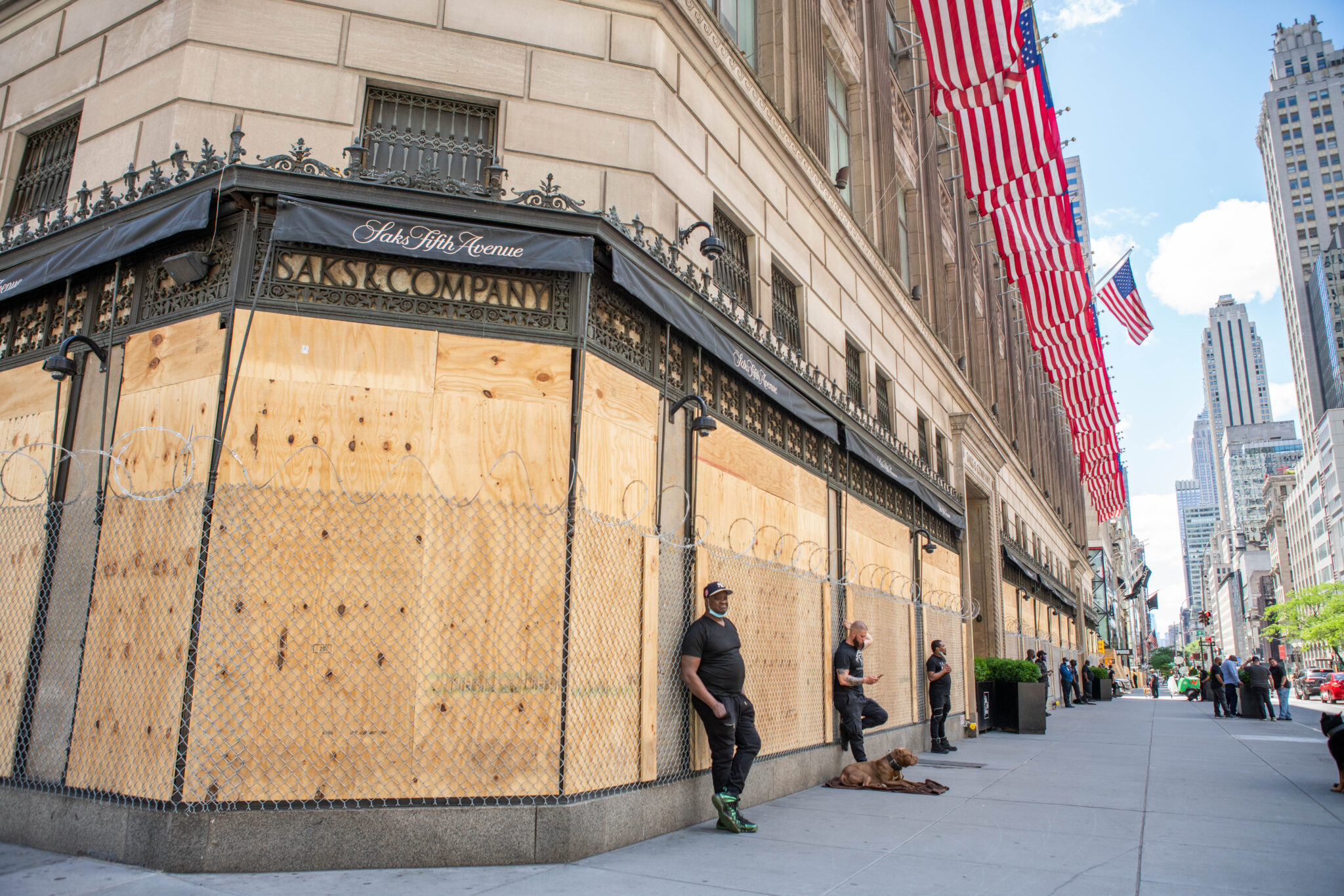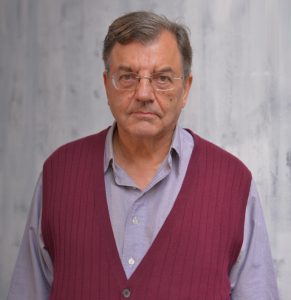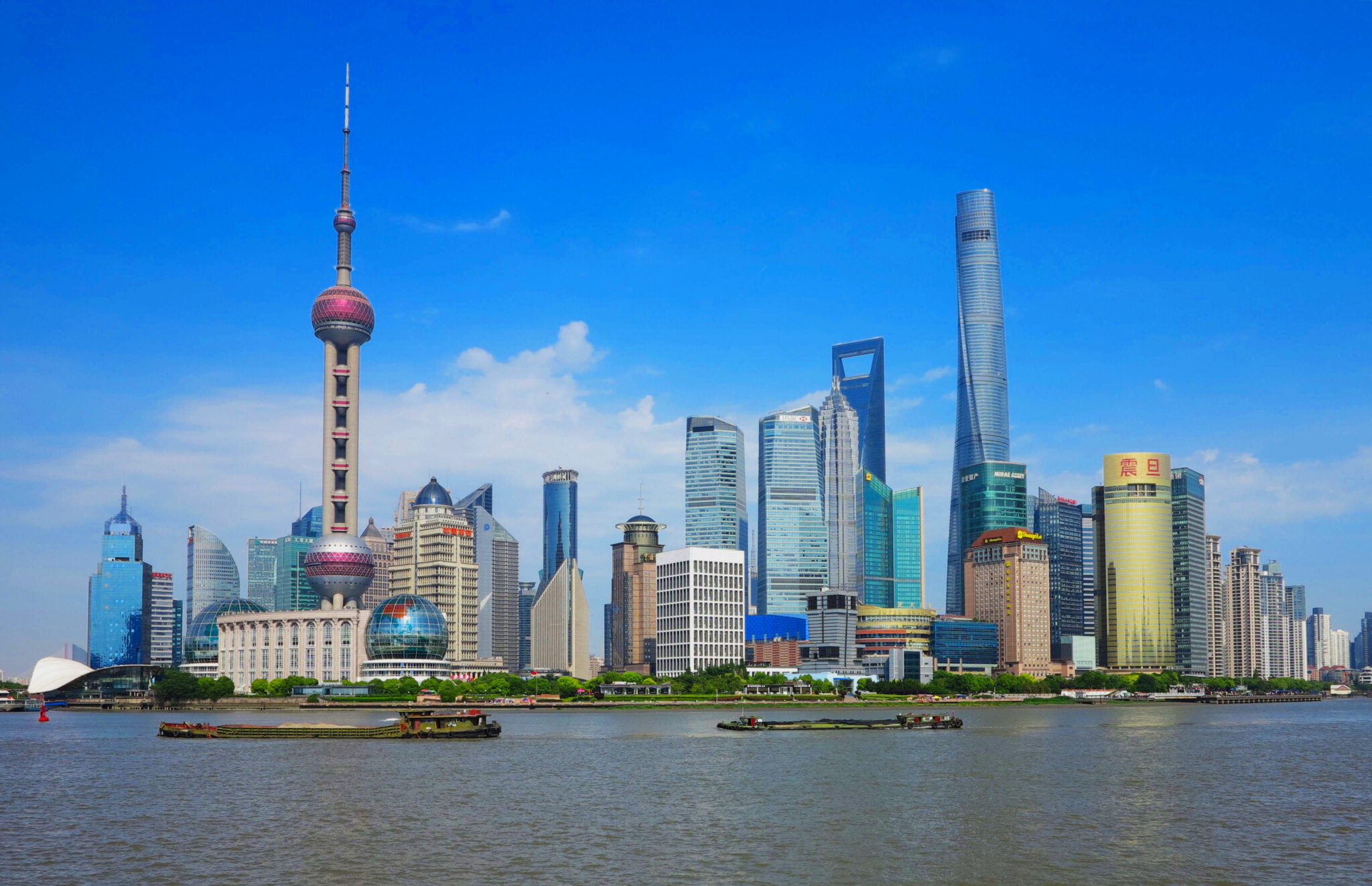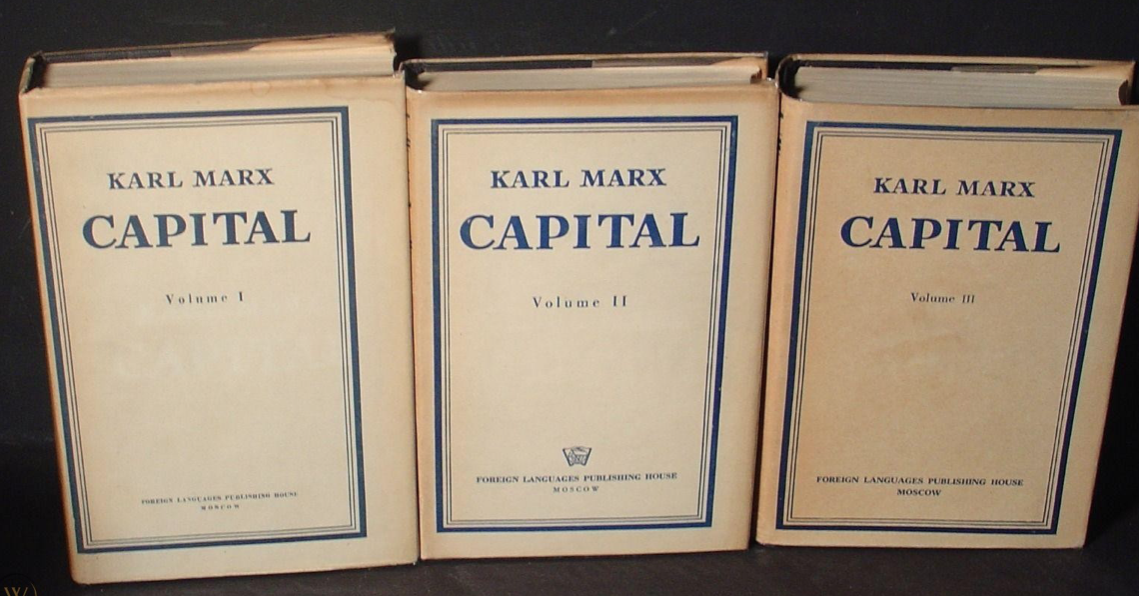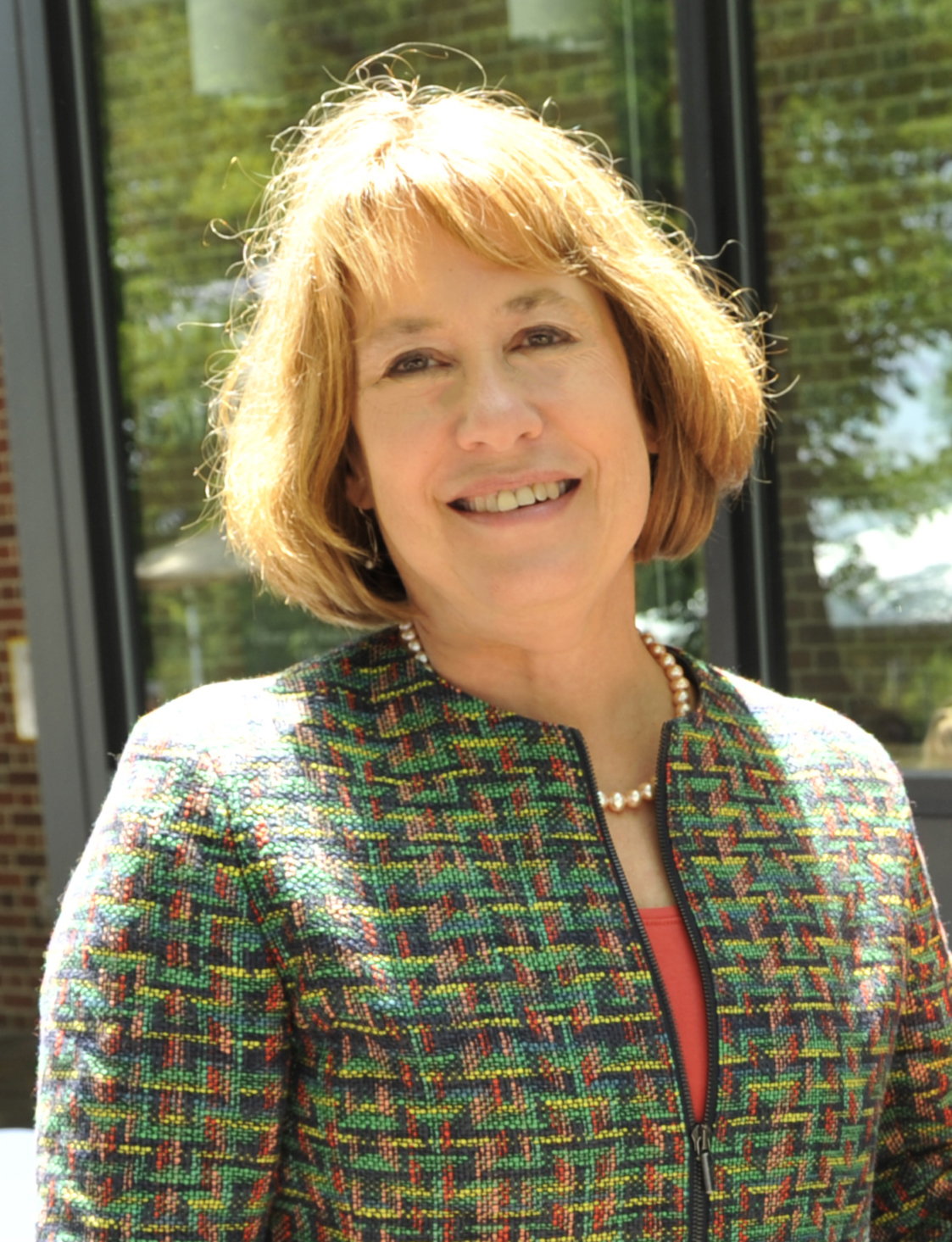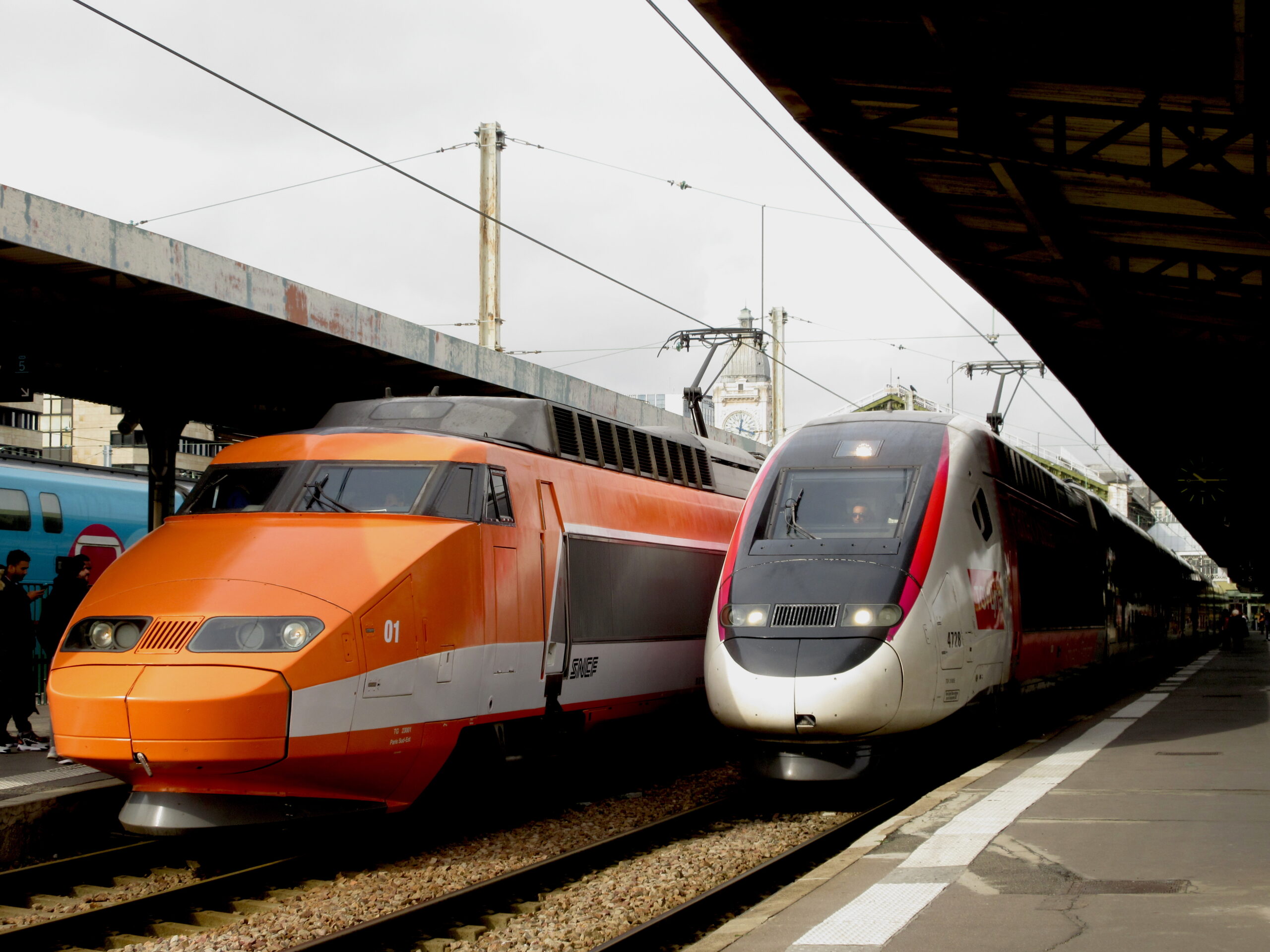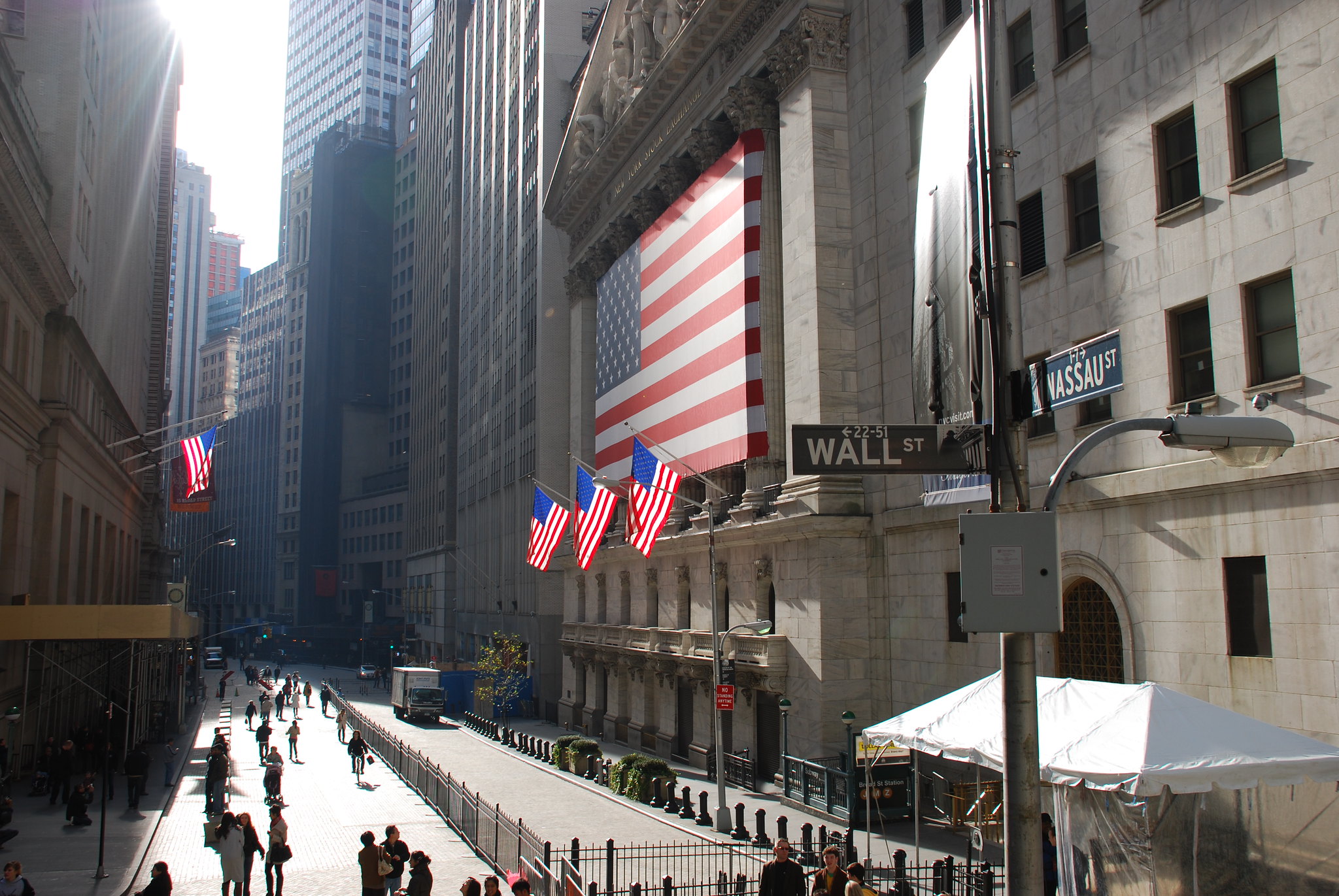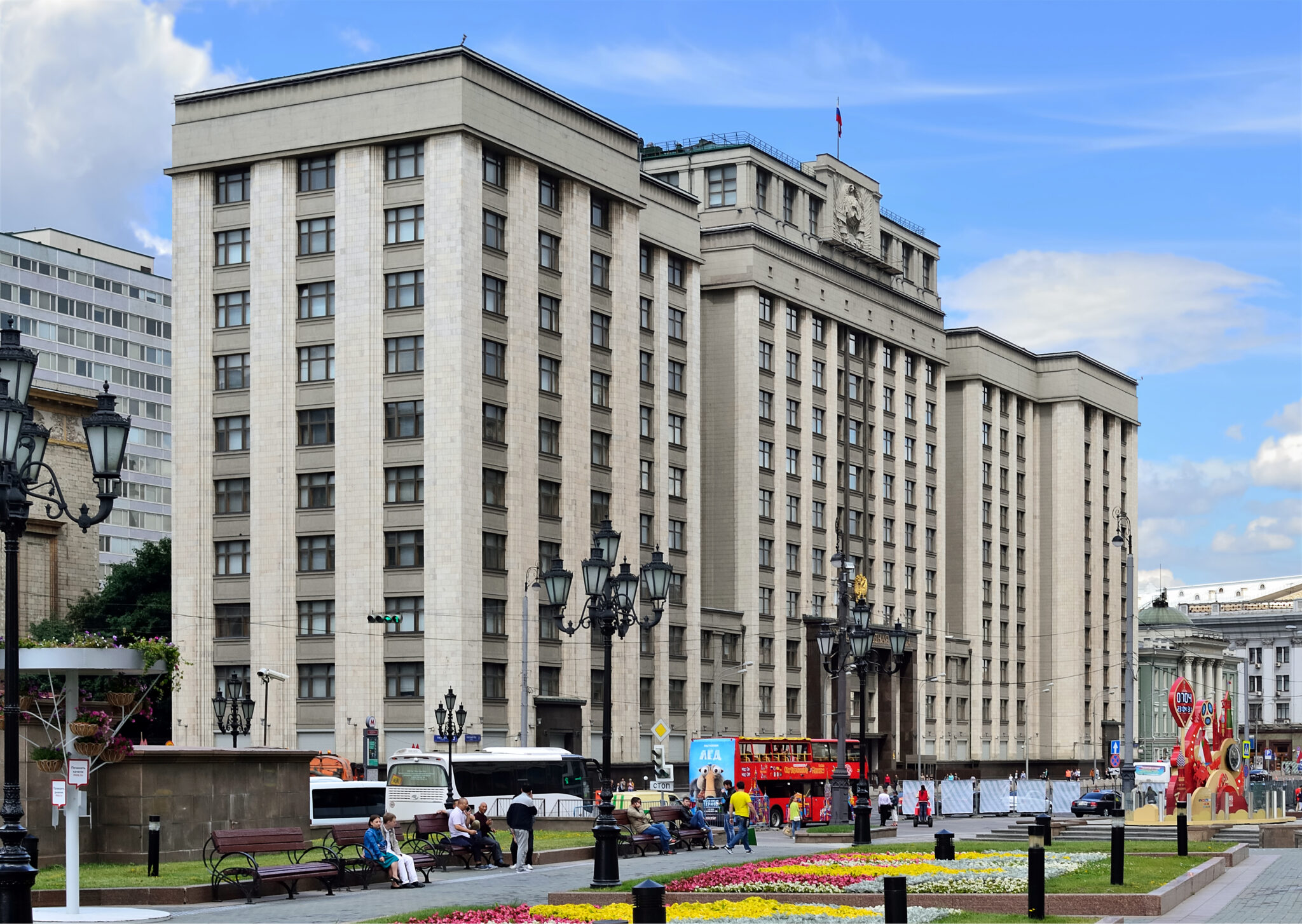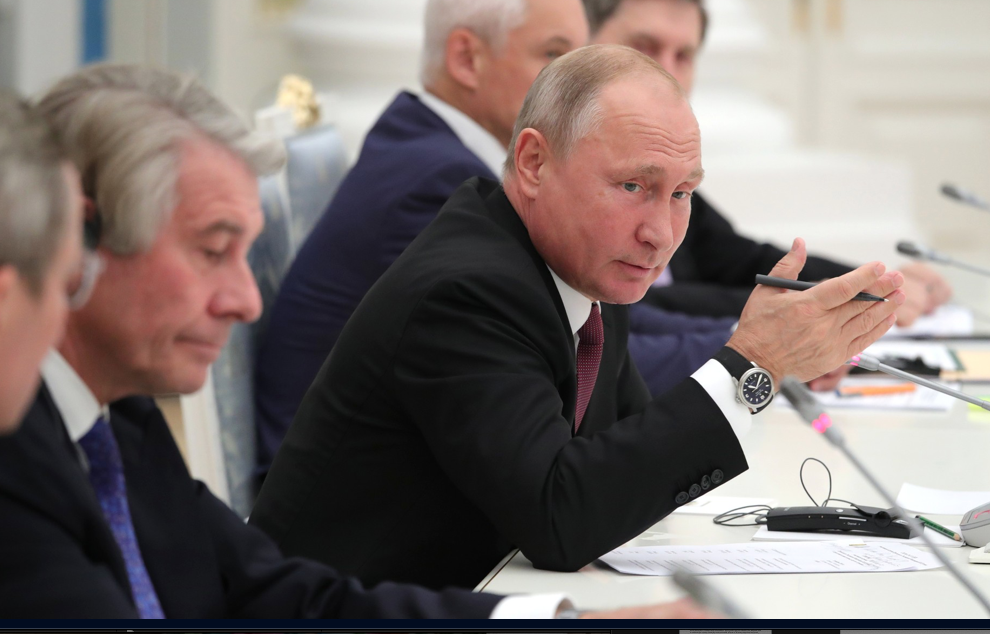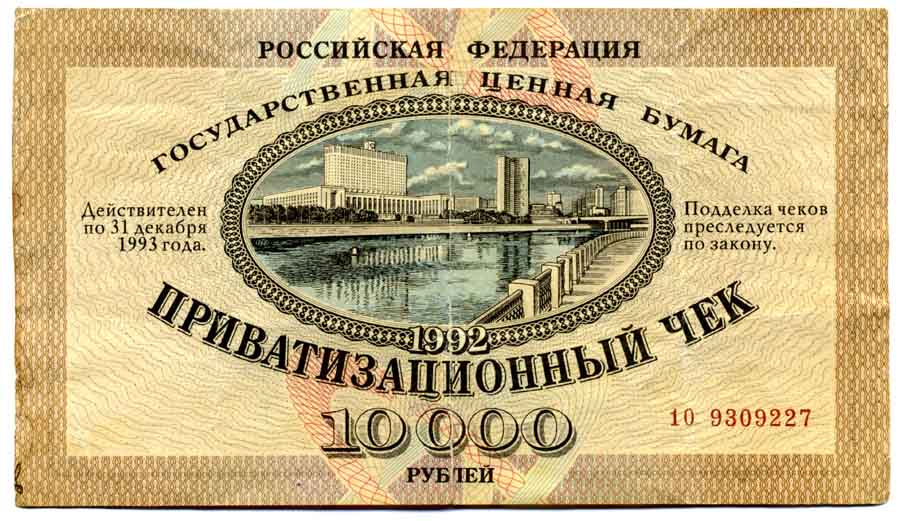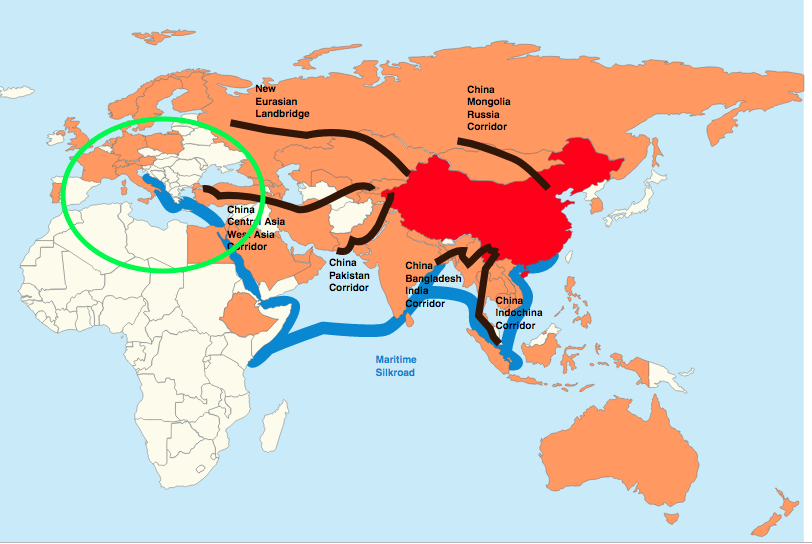Michael Hudson and Pepe Escobar last month took a hard look at rent and rent-seeking at the Henry George School of Social Science.
Among many other things, Hudson clearly redefines the boundaries of the class war. Who are the real main enemies of the public good? The economic obfuscation must end.
Pepe Escobar in conversation with Michael Hudson
The United States is an object lesson for China on what to avoid, not only in industrializing the economy, but in creating a picture of the economy as if everybody earns everything and there’s no exploitation, no unearned income, nobody makes money in their sleep and there’s no 1 percent..."
Michael Hudson: Well, I’m honored to be here on the same show with Pepe and discuss our mutual concern. And I think you have to frame the whole issue that China is thriving, and the West has reached the end of the whole 75-year expansion it had since 1945.
The wealth is no longer made here by industrializing. It’s made financially, mainly by making capital gains. Rising prices for real estate or for stocks and for bonds. In the last nine months, since the coronavirus came here, the top 1 percent of the U.S. economy grew by $1 trillion. It’s been a windfall for the 1 percent. The stock market is way up, the bond market is up, the real estate market is up while the rest of the economy is going down. Despite the tariffs that Trump put on, Chinese imports, trade with China is going up because we’re just not producing materials.
And essentially, we became what’s called a rent-seeking economy, not a productive economy. So, when people in Washington talk about American capitalism versus Chinese socialism this is confusing the issue. What kind of capitalism are we talking about?
(When I said that China can pay lower wages than the U.S., what I meant was that China provides as public services many things that American workers have to pay out of their own pockets – such as health care, free education, subsidized education, and above all, much lower debt service.
“So, you have a diametric opposite philosophy of how to develop between the United States and China.”
Let me show you the problem by what Indiana and Chicago did. Chicago also was very much like China’s countryside cities. So, it sold parking meters and its sidewalks to a whole series of Wall Street investors, including the Abu Dhabi Investment Fund for seventy-five years. And that meant that for 75 years, this Wall Street consortium got to control the parking meters.
So certainly, any high-speed rail could not go where the current railways would be, and they’d have to go on somebody’s land. And, there’s also, what do you do if you want to get to New York and Long Island from New Jersey?
So, there’s no way that you can rebuild the infrastructure because, for one thing the banking system here has subsidized for a hundred years junk economics saying you have to balance the budget. If the government creates credit it’s inflationary as if when banks create credit, it’s not inflationary. Well, the monetary effect is the same, no matter who creates the money. And so, Biden has already said that President Trump ran a big deficit, we’re going to run a bunch of surpluses or a budget balance. And he was advocating that all along. Essentially Biden is saying we have to increase unemployment by 20 percent, lower wages by 20 percent, shrink the economy by about 10 percent in order to, in order for the banks not to lose money.
And, we’re going to privatize but we are going to do it by selling the hospitals, the schools, the parks, the transportation to finance, to Wall Street finance capital groups. And so, you can imagine what’s going to happen if the Wall Street groups buy the infrastructure. They’ll do what happened to Chicago when it sold all the parking meters, they’ll say, OK, instead of 25 cents an hour, it’s now charged $3 an hour. Instead of a $2 for the subway, let’s make it $8.
Michael: Yes, for many reasons. For one thing the United States can simply print the dollars and lend to other countries and then say, now you have to pay us interest. Well, Russia doesn’t need American dollars. It can print its own rubles to provide labor. There’s no need for a foreign currency at all for domestic spending, the only reason you would have to borrow a foreign currency is to balance your exchange rate, or to finance a trade deficit. But China doesn’t have a trade deficit. And in fact, if China were to work to accept more dollars, Americans would love to buy into the Chinese market and make a profit there, but that would push up China’s exchange rate and that would make it more difficult for her to make its exports because the exchange rate would come up not because it’s exporting more but because it’s letting American dollars come in and push it up.
Michael: It would love to do that. It would love to move things up and down. The money’s made by companies with the stock market going up and down; the zigzag. So of course, it wants to do a predatory zigzag. The question is whether China will impose a tax to stop this, all sorts of financial transactions. That’s what’s under discussion now. They know exactly what Black Rock wants to do because they have some very savvy billionaire Chinese advisers that are quite good. I can tell you stories, but I better not.
The Americans put billions of dollars into essentially financing American propagandists to destroy Russia, mainly from the Harvard Institute of International Development. And essentially, they were a bunch of gangsters and the prosecutors in Boston were about to prosecute them.
 Michael Hudson is an American economist and professor of economics at the university of Missouri Kansas City and a researcher at the Levy Economics Institute at Bard College. He’s a former Wall Street analyst political consultant commentator and journalist. He identifies himself as a classical economist. Michael is the author of J is for Junk Economics, Killing the Host, The Bubble and Beyond, Super Imperialism: The Economic Strategy of American Empire, Trade Development and Foreign Debtand The Myth of Aid, among others. His books have been published translated into Japanese, Chinese, German, Spanish and Russian.
Michael Hudson is an American economist and professor of economics at the university of Missouri Kansas City and a researcher at the Levy Economics Institute at Bard College. He’s a former Wall Street analyst political consultant commentator and journalist. He identifies himself as a classical economist. Michael is the author of J is for Junk Economics, Killing the Host, The Bubble and Beyond, Super Imperialism: The Economic Strategy of American Empire, Trade Development and Foreign Debtand The Myth of Aid, among others. His books have been published translated into Japanese, Chinese, German, Spanish and Russian.
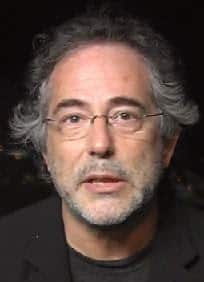 Pepe Escobar, born in Brazil, is a correspondent and editor-at-large at Asia Times and columnist for Consortium News and Strategic Culture in Moscow. Since the mid-1980s he’s lived and worked as a foreign correspondent in London, Paris, Milan, Los Angeles, Singapore, Bangkok. He has extensively covered Pakistan, Afghanistan and Central Asia to China, Iran, Iraq and the wider Middle East. Pepe is the author of Globalistan – How the Globalized World is Dissolving into Liquid War; Red Zone Blues: A Snapshot of Baghdad during the Surge. He was contributing editor to The Empire and The Crescent and Tutto in Vendita in Italy. His last two books are Empire of Chaos and 2030. Pepe is also associated with the Paris-based European Academy of Geopolitics. When not on the road he lives between Paris and Bangkok.
Pepe Escobar, born in Brazil, is a correspondent and editor-at-large at Asia Times and columnist for Consortium News and Strategic Culture in Moscow. Since the mid-1980s he’s lived and worked as a foreign correspondent in London, Paris, Milan, Los Angeles, Singapore, Bangkok. He has extensively covered Pakistan, Afghanistan and Central Asia to China, Iran, Iraq and the wider Middle East. Pepe is the author of Globalistan – How the Globalized World is Dissolving into Liquid War; Red Zone Blues: A Snapshot of Baghdad during the Surge. He was contributing editor to The Empire and The Crescent and Tutto in Vendita in Italy. His last two books are Empire of Chaos and 2030. Pepe is also associated with the Paris-based European Academy of Geopolitics. When not on the road he lives between Paris and Bangkok.
[premium_newsticker id="211406"]
The views expressed are solely those of the author and may or may not reflect those of The Greanville Post
YOU ARE FREE TO REPRODUCE THIS ARTICLE PROVIDED YOU GIVE PROPER CREDIT TO THE GREANVILLE POST
VIA A BACK LIVE LINK.




